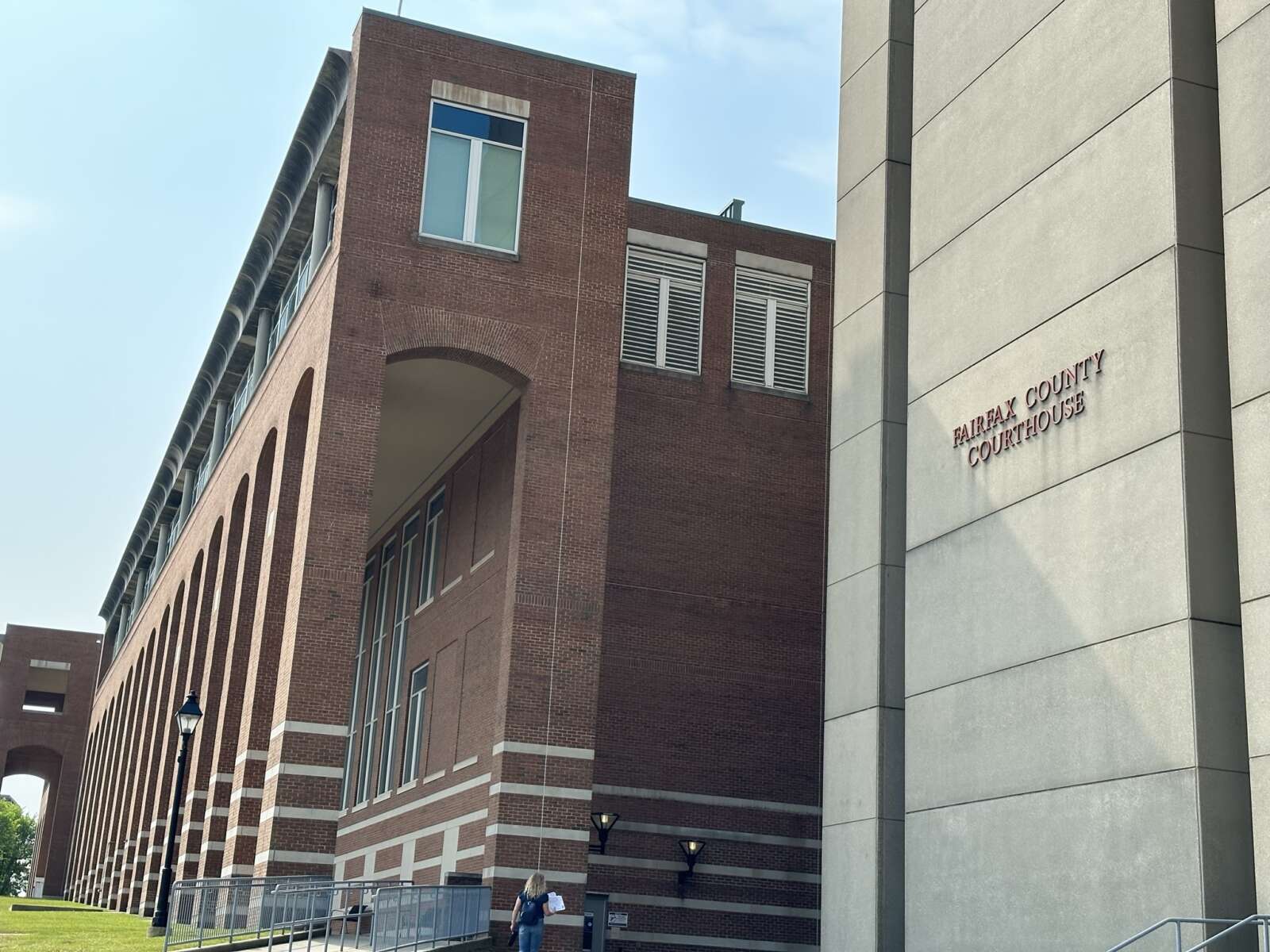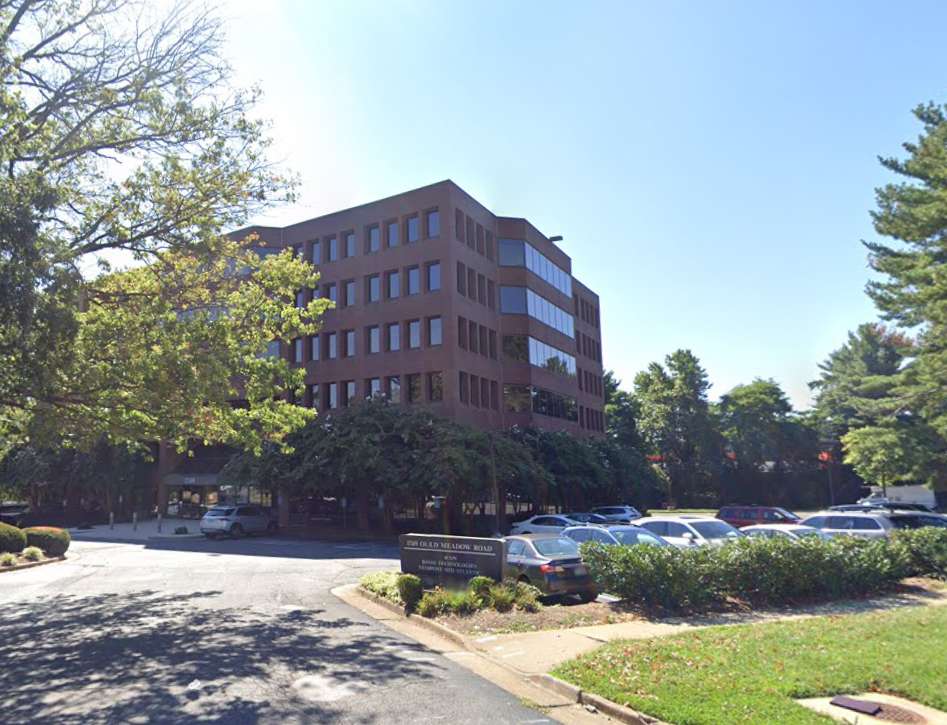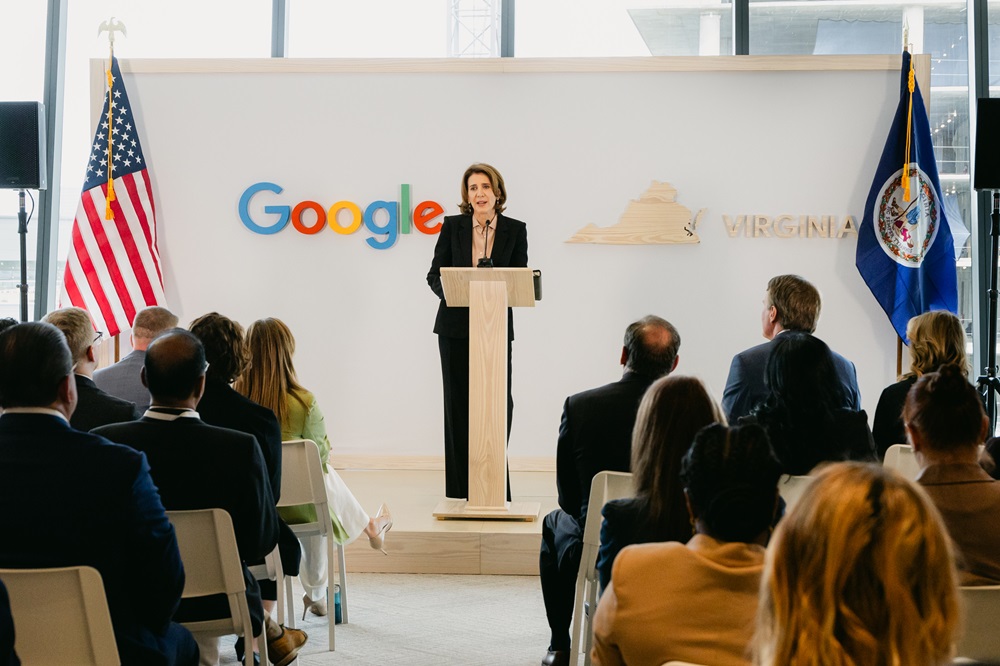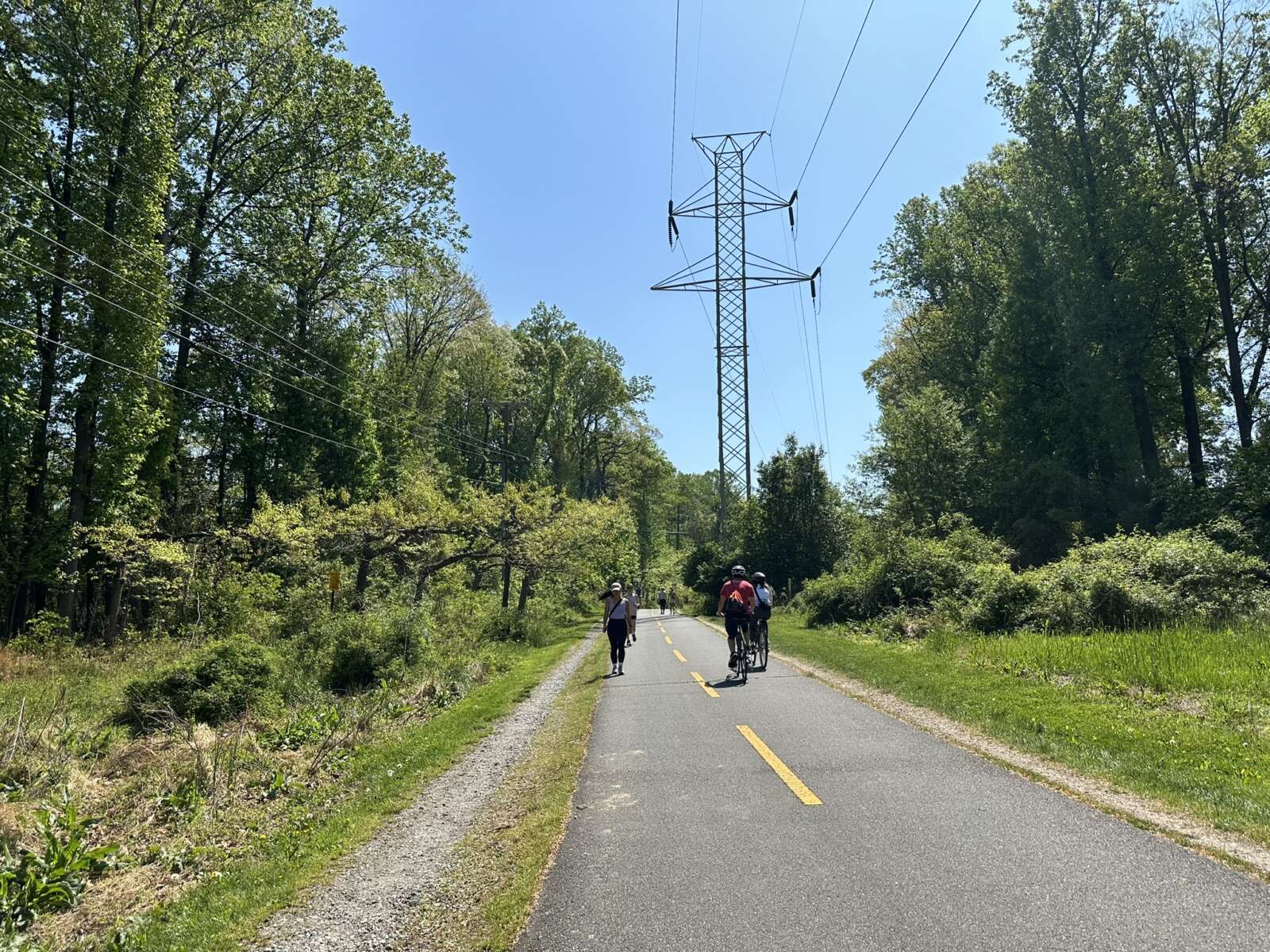
A Fairfax County judge is weighing whether to throw out a lawsuit from environmental groups challenging Republican Gov. Glenn Youngkin’s effort to remove Virginia from a regional carbon market.
Judge David Oblon heard oral arguments from Virginia Solicitor General Andrew Ferguson and Southern Environmental Law Center Senior Attorney Nate Benforado Friday morning in Fairfax Circuit Court. The hearing, which lasted about 30 minutes, concluded with the judge saying he would take the case under advisement before issuing a written decision.
Ferguson argued on behalf of the State Air Pollution Control Board, the Department of Environmental Quality and DEQ Director Mike Rollband to dismiss the lawsuit filed by SELC on behalf of Faith Alliance for Climate Solutions (FACS), Appalachian Voices, Interfaith Power and Light and the Association of Energy Conservation Professionals. The suit challenges Youngkin’s regulation to remove Virginia from the Regional Greenhouse Gas Initiative.
The Regional Greenhouse Gas Initiative, or RGGI, is a multi-state carbon market that requires electricity producers to purchase allowances to emit carbon. The allowances are then returned to the states; in Virginia, those proceeds are funneled into energy efficiency and flood resilience programs.
Youngkin, even before he became governor, has alleged that RGGI creates a “hidden tax” on Virginia utility customers, since utilities in Virginia are allowed to recover costs for the allowances from their ratepayers.
In July, the administration published the regulation to repeal Vrignia’s participation in RGGI at the end of this year.
Environmental groups have decried the withdrawal since Youngkin began pushing for it by citing the funds – over $500 million – it directs toward reducing energy bills for customers by helping homes conserve energy better and preventing flood damage through planning and infrastructure projects.
On Friday, Ferguson opened arguments by stating that out of all the plaintiffs, only the Association of Energy Conservation Professionals had demonstrated any harm worthy of a lawsuit because the group claims that they work with professionals who rely on the revenues the state receives from RGGI. The suit from the other groups, including Fairfax County-based FACS, doesn’t demonstrate that the other entities are directly impacted by the loss of any RGGI revenues, and should be dismissed, Ferguson argued.
The environmental groups could also have jurisdiction in Floyd County, where the Association of Energy Conservation is based, in Richmond where Interfaith Power and Light is headquartered and in Charlottesville, where the Southern Environmental Law Center is based, Ferguson added. He said that in the interest of “judicial economy,” the case should be dismissed entirely and not allowed to be transferred elsewhere, to prevent the plaintiffs from searching for favorable venues.
Oblon questioned both sides about Ferguson’s argument and deliberated if the court had the authority to prevent another jurisdiction from taking up the case, or if he should simply dismiss it and allow the plaintiffs to find another venue themselves.
Benforado, in response to a question from Oblon on whether he would prefer a venue in Floyd County should the case be dismissed, stated that he would prefer another hearing to determine what the appropriate venue would be.
Ferguson also argued that even if the plaintiffs were to find jurisdiction elsewhere, there’s no harm actually coming to them from the regulation repeal, because future revenues from RGGI wouldn’t stop flowing as a result of the state’s withdrawal.
The future lack of revenues would be guided by article 10.7 of the Virginia Constitution that states appropriation measures expire after two-and-a-half years. That deadline passed Oct. 7, Ferguson stated, meaning future funds would sit in the RGGI account and need to be appropriated by the General Assembly, similar to any other excess revenues.
Whether or not the regulation enabling Virginia to participate in RGGI remained “on the books,” Ferguson said, “We just don’t think that it’s relevant” because future RGGI revenue wouldn’t be disbursed because of the appropriation clause.
Benforado, in his response, argued that there are also specific requirements in the 2020 law that introduced Virginia into RGGI; one says the revenues “shall” be directed toward the specified programs. Article 10.7, the appropriation clause in the constitution Ferguson referenced, did not “scrub” the requirements of that law, Benforado said.
Additionally, Benforado pointed out that under the previous case of Morgan v. Board of Supervisors, the plaintiffs he is representing have shown they met the standard of being “affected” by the RGGI regulation repeal, versus being “aggrieved,” which requires a higher standard to be met. With the loss of future revenues, the groups are affected by not being able to carry out their mission to help the Fairfax County Public School program reduce emissions, Benforado countered.
Oblon did not provide a timeline of when he would issue a decision. The case has future hearings scheduled for Nov. 17 to argue if the case is strong enough to continue, and Dec. 1 to argue for a stay of the regulation repeal.
This article was reported and written by the Virginia Mercury, and has been reprinted with permission.
Recent Stories

Are you feeling overwhelmed by life’s challenges? Struggling with anxiety, depression, or unresolved trauma? Take the first step towards healing and reclaiming your life with our professional psychotherapy services.
At Peaceful Mind Solutions, we understand that mental health is just as important as physical health. Our team of compassionate and experienced therapists is here to provide you with the support and guidance you need on your journey to mental wellness.
Through personalized therapy sessions, we create a safe and non-judgmental space where you can explore your thoughts, feelings, and experiences. Whether you’re dealing with past traumas, relationship issues, or simply seeking personal growth, we tailor our approach to meet your unique needs and goals.

The Gillion Academy’s Home School Basketball Program begins Fall 2024 for 7th – 12th Grade student-athletes to complete their online academic studies in a supervised and focused setting while receiving elite training from our professional basketball trainers at The Gillion Basketball Academy, a state of the art training facility in Springfield, Va. We have developed over 200 college athletes and placed over 50 players in the NBA and pro leagues overseas and provide the same level of training for our student-athletes.
We will have a virtual Open House Zoom on May 6th at 7:30PM so please go to our website to learn more about us and to fill out an interest form and register for the event and learn about the top training facility in the DMV area.
Any questions please email our Director at philip.budwick@gil-lionbasketballacademy.com.
Pedal with Petals Family Bike Ride
Join us on Saturday, May 11th and ride into spring during our Pedal with Petals Family Bike Ride. Back for its second year, Pedal with Petals is going to be bigger than ever. This year’s event will include both an
Encore Creativity for Older Adults at Capital One Hall
Encore Creativity for Older Adults is pleased to raise the curtain and welcome community members to its spring concert at Capital One Hall in Tysons, VA on May 4, 2024. The concert, which starts at 3 PM, will bring hundreds







